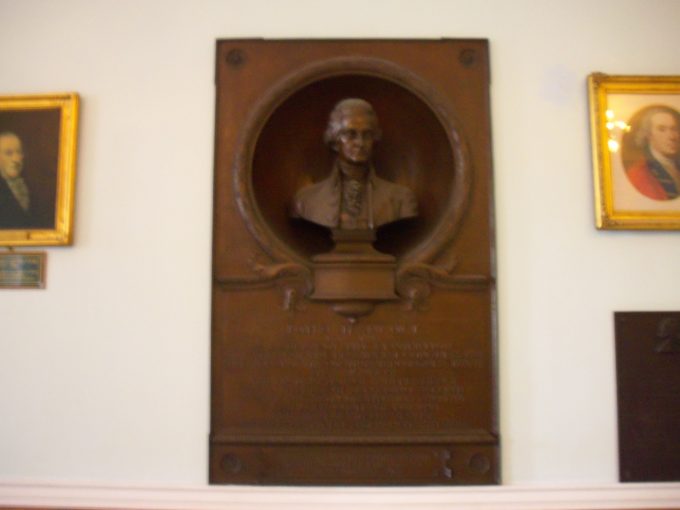
Thursday, 23 February 2017
…and the peace of God, which surpasses all understanding, will guard your hearts and minds through Christ Jesus. Philippians 4:7
Paul’s words now are written as a prescription containing the medicine for the anxious soul of the previous verse. With the knowledge of what Christ has done, and of what He promises for us because of what He has done, instead of being anxious we have the ability to receive “the peace of God.” It is true that we cannot see the future as it unfolds before us, but we can see the ultimate end which is promised to us. Because of this, if we can just keep our eyes on what we know lies ahead because of Christ, we should be able to obtain and live in this peace.
It is a peace which was promised in the Old Testament countless times. Isaiah records that it was available in the Lord –
“You will keep him in perfect peace,
Whose mind is stayed on You,
Because he trusts in You.” Isaiah 26:3
When Christ came, the promise was repeated for those who looked for the coming Messiah. Upon His birth, the peace long-promised had taken human form –
“Glory to God in the highest,
And on earth peace, goodwill toward men!” Luke 2:14
And after His work was almost complete, Christ Jesus promised this same peace to those who followed Him –
“Peace I leave with you, My peace I give to you; not as the world gives do I give to you. Let not your heart be troubled, neither let it be afraid.” John 14:27
It is a peace, as Paul notes, “…which surpasses all understanding.” It could never have been conceived of by man that complete and total restoration with God would come. Man could never have believed that what Christ did would absolutely assure us of a state where anxiety and conflict with God would be eradicated. But in Christ it has come. Even now for the believer, if we try to get our minds around what the work of Christ has accomplished and what it promises, we simply cannot.
Why would God have done what He did in Christ? It is mind boggling. And how could such marvelous assurances be granted to us when we continue to stray from His word, even after having received Jesus as Lord? It is astonishing. Truly such peace surpasses all understanding! And yet, because it is true, it is able “to guard your hearts and minds.”
A guard is a sentinel. It is one who watches out for dangers, sounds the alarm, and defends against the onslaught of the enemy. This is what the peace of God can do for us if we simply trust in Him. We can look beyond the trials which afflict us, and we can have the assurance that whatever they may be, they are temporary and futile in stealing us away from the sure promises which are ours to claim “through Christ Jesus.”
This final term is the key to the entire thought. It is only through Christ Jesus that this peace is attainable. It is He who died for the atonement of our sins. It is He who was resurrected unto eternal life, being found without sin. And it is He who guarantees these things to us when we are found in Him. We can have the absolute confidence that God’s word is true, and that His promises are sure because Christ Jesus has gone before us.
Life application: If you really believe the message of Christ, then you can cast all your cares upon Him, because He cares for you. The peace of God can, in fact, fill you completely and absolutely if you simply meditate on what His work means for you. Allow yourself to be filled with this peace. Christ has prevailed. What can the world do to us?
Lord God, You word promises us Your peace, a peace which surpasses all understanding. And how could we not have this! Christ died for our sins, He was resurrected for our justification, and He promises this to any and all who will simply believe. We have the absolute assurance of full and complete restoration with You because of Him. And so, what should we fear? Your peace is there if we simply receive it. Thank God for Jesus Christ who has done so very much for us! Amen.




